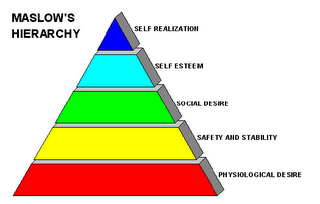Cognitive Perspective Review

Seciton 1
Either Q1 or Q2 (Short answer 8 points)
Section 2
Q 2
Q 5
These are both long essays (20 points)
Section 3
a) Outline two assumptions of the cognitive perspective.
b) Identify one key concepts based on one of these assumptions and illustrate your answer with one study. (Long essay 20 points)
Section 4
Optional: Review before May 2008 but only if the Cognitive Perspective is on of your perspectives of choice.
Sections 5
Q 2 (20 points)
Section 6
Q1 Focus on the psychological question of why we forget.











